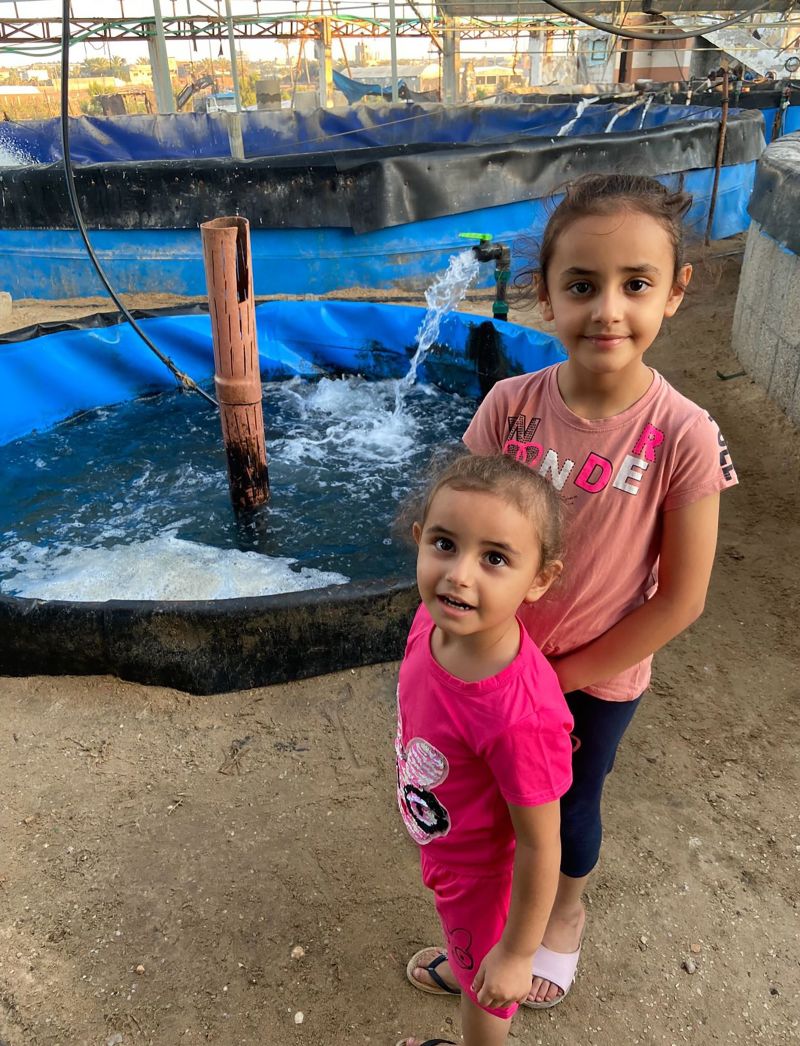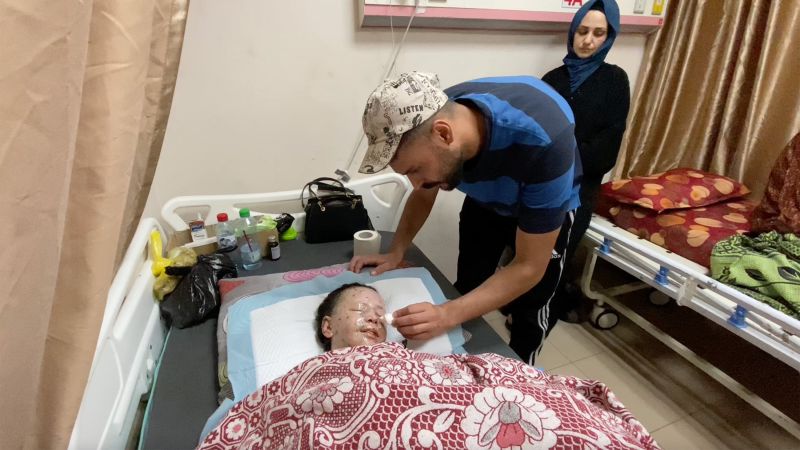Gaza government decries Israel’s ‘use of starvation to achieve political goals in Gaza’
Gaza’s Government Media Office has accused Israel and the US of “purposefully” worsening famine-like conditions in Gaza by “withholding humanitarian aid as a tool for political pressure”. In a statement, the media office accused Israel and the US administration of “deliberately aggravating the humanitarian situation” in Gaza to achieve political goals.
About 2.4 million Palestinians are living under harsh conditions, especially in Gaza’s north where famine has taken hold, the media office said. Tens of thousands of sick and wounded people have no access to food or medicine, it added.
Israel has closed almost all of its crossings into Gaza and has severely restricted aid deliveries through the one crossing that has been sporadically open.
‘People started this catastrophe and people can stop it’: Norwegian minister
Norway’s international development minister, Anne Beathe Tvinnereim, has spoken to our colleagues at Al Jazeera Arabic about her country’s decision to increase its contributions to the United Nations Relief and Works Agency for Palestine Refugees (UNRWA).
“People started this catastrophe [in Gaza] and people can stop it … The extra Norwegian contribution is in line with what we always do vis-a-vis UNRWA and we are also lobbying on its behalf with other stakeholders, telling them it’s vital not only for the people in Gaza but also for all Palestinians and there is no alternative for UNRWA,” she said.
“A country like Norway will do all it can diplomatically to get aid into Gaza, but we also have to plan for the day after so the international community has to work for a ceasefire and for the day after,” Tvinnereim added.
“Many countries in the region are taking the lead now and Norway is happy to support this,” she said.
Badly burned and no escape: Girl, 9, among thousands of critical patients stuck in Gaza
https://www.cnn.com/2024/06/17/middleeast/gaza-patients-rafah-intl-latam/index.html
Hanan Aqel and her sister had one shekel each in their hands, a gift from their grandfather to go and buy sweets. It was a glimmer of familial normality in Gaza for a nine-year-old and her younger sibling that ended in tragedy.
“I didn’t hear its whizzing or anything, I only saw a red light when the missile fell,” Hanan recalls from her hospital bed in Al-Aqsa Martyrs Hospital in central Gaza.
Her voice is hoarse and cracked, following reconstructive surgery to her face. She has 20% burns to her face, hands, chest, and leg. Her sister, five-year-old Leene, who was walking ahead of her, escaped injury.
“There was a man next to me dismembered and bleeding and a block of building cement fell on me,” Hanan says.
After the airstrike, her father rushed her to hospital, where she also had surgery to remove shrapnel from her face. Her doctor, Mahmoud Mahane, specializes in burns and eye injuries, but says there is nothing more they can do for her inside Gaza.


Hanan is one of thousands of critically ill patients waiting for medical evacuation from Gaza but unable to leave following the closure of the Rafah crossing to Egypt in early May.
The only hope for many is to be evacuated through the Rafah crossing into Egypt and get treatment in neighboring countries. That lifeline has been cut off since May 7 when the Israeli military took control of the crossing and closed it. Egypt says it will not open the crossing until the Israeli military withdraws. It cites security reasons – one Egyptian soldier was killed last month in fighting along the border.
And Israel has further destroyed the Rafah crossing today, re-opening will take a lot of reconstruction first.
10,000 need evacuating
Rik Peeperkorn is the World Health Organization’s representative for the West Bank and Gaza. He says there are at least 10,000 urgent cases that need to be evacuated from Gaza for treatment, adding this is likely an under-estimate given the difficulty getting accurate data.
“The biggest group is the war injuries and war-related … the severe trauma, spinal injury, etc. The other biggest group is, of course, chronic conditions – oncology, cardiovascular, respiratory as well.”
Before the war, Peeperkorn says between 50 and 100 patients would leave daily to be treated in Jerusalem and the West Bank. Since May 7, not one single case has been able to leave through Rafah, creating a backlog of desperation and severe cases.
“The Rafah crossing should be reopened as quickly as possible,” Peeperkorn says, “or there should be an alternative crossing or mechanism actually applied because we cannot leave these critical patients. We have no estimation at the moment how many of the patients which should have left actually have already passed away.




















